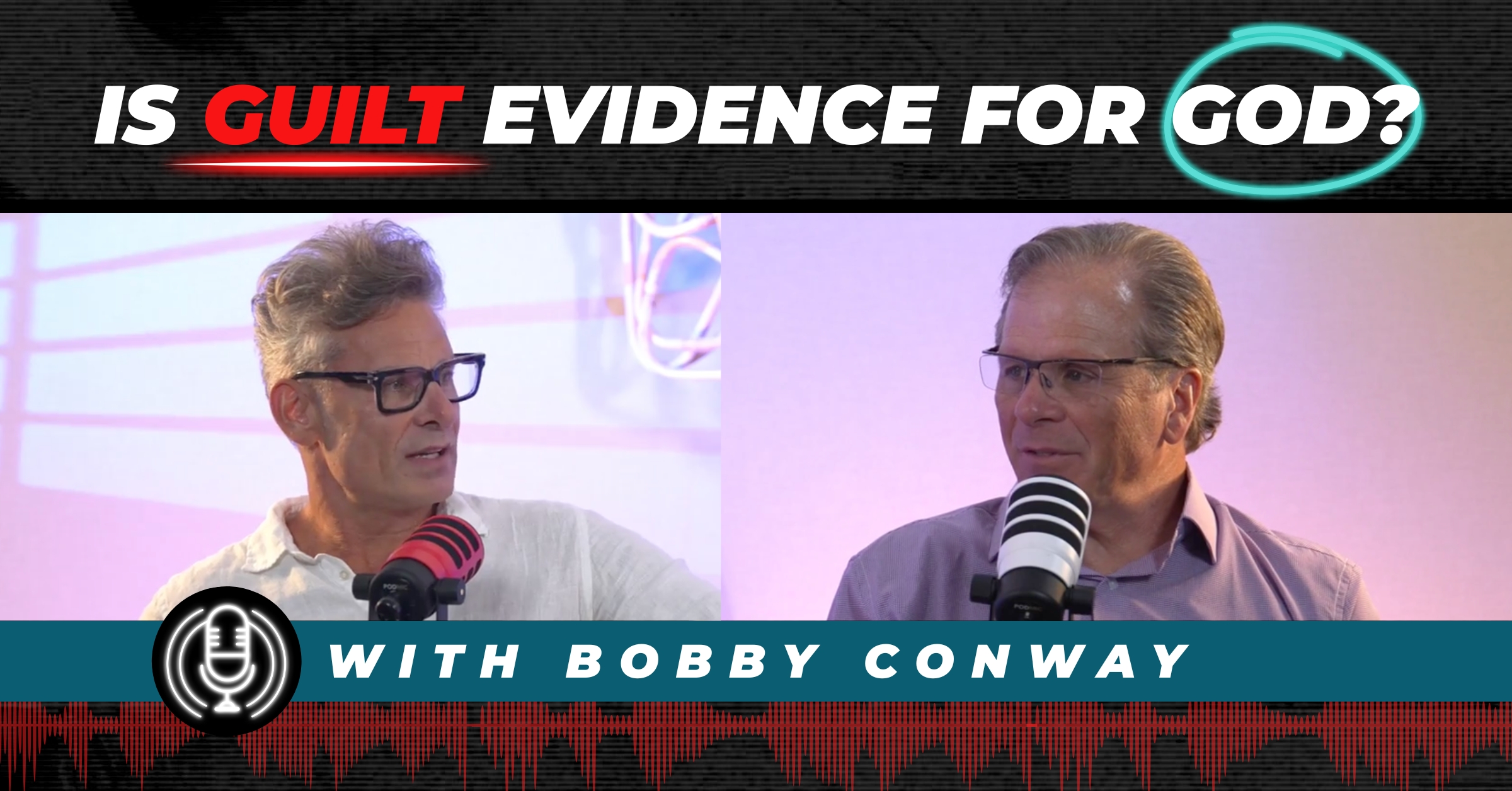How To Become a Better Apologetics Communicator
So you want to be an apologetics writer or speaker. Or maybe you already are one. How can you be a better communicator? Here are five quick pointers:
- Watch Your Language
No, I don’t mean profanity. I mean your vocabulary. If you’re like me, you’re immersed in the apologetics world. You read apologetics books, you listen to apologetics podcasts, you devour all things apologetics. So you’re used to the language, the ideas, the jargon. But your audience may not be. Find ways to communicate without using “insider” language. Always imagine what someone completely new to apologetics would think of your writing or talk. Have an “outsider” review your material (more on this later). And if you absolutely must use special apologetics vocabulary, be sure to carefully – and simply– define your terms.
- Hone Your Craft
Did you ever have a teacher who was a genius but terrible at teaching? It’s easy for apologists to fall into the same boat. Knowledge is not enough. Sincerity is not enough. If you want to be an effective Christian apologist, you must hone your craft. Read books or blogs on communication. Attend writing workshops or public speaking conferences. A book that has impacted my writing tremendously is On Writing Well by Howard Zinsser. If you’re a writer, buy a copy. Now. And make sure you proofread! Nothing will bring you from professional to amateur in a reader’s eyes faster than spelling and grammatical mistakes. Give your best in all you do. Hone your craft.
- Stay on Target
One of the best pieces of communication advice I’ve ever received is to make one point and make it well. Everything you say should strengthen or reinforce your one point. I’ve read many apologetics articles where I was halfway through and wondered “What was the point again?”
You may have an awesome quote or anecdote. But does it really strengthen your point? If not, remove it. You have an objection that kinda, sorta relates to your topic. Delete it. If you have more to say about a subject, write another article. Stay on target so your audience always knows exactly what your point is. Make one point and make it well.
- Get Feedback
I hate criticism. Hate it, hate it, hate it. But getting others’ feedback has improved my writing greatly. Have other people review your material and give their honest opinion. You need someone to tell you “this doesn’t make sense,” “your logic is faulty here,” or “this is worded poorly.” I have apologetics “insiders” check my argumentation and logic and I have “outsiders” make sure my content is understandable and readable. Both are important!
- Reach the Head and the Heart
The rise of apologetics is a wonderful thing, showing that there is a place for logical types (such as myself!) within a Church that has been largely feelings-driven. However, we apologists run the risk of being too cold and rationalistic, turning into emotionless “apolo-bots.” But not everyone is like us. Some will never be argued into the kingdom of God through evidence and logic. They want to see that Christianity is good and beautiful, that it meets humanity’s greatest needs and desires.
Apologetics doesn’t need more syllogisms. It needs more stories! There’s a reason why C.S. Lewis and G.K. Chesterton have withstood the test of time. They engaged the imagination to bridge man’s reason and passions. If we apologists truly want to impact the culture, we need to reach both the head and the heart.
Conclusion
These are just some pointers on how to be a better apologetics communicator. It takes work, but stay at it. Keep it simple. Keep it clear. Hone your craft and get feedback. Target both the head and the heart of your audience.
For more advice on being a better apologist, check out Sean McDowell’s articles “Why Apologists Need to ‘Lower the Bar’” and “Why Apologetics Has a Bad Name.”
This article originally appeared at SeanMcDowell.org.
Original Blog Source: http://bit.ly/2Cf3FBb












Leave a Reply
Want to join the discussion?Feel free to contribute!